Description

A few days ago I came out of Egypt (two weeks of vacation flew by like two days), and brought back the recipe right brewing hibiscus tea, he told me about a native of Cairo. This tea not only quenches thirst on a hot day, but also has very useful properties, which I will discuss in the recipe, come on in and learn a lot.
Ingredients
-
Hibiscus
15 piece
-
Water
1 l
-
Sugar
Cooking

Soak the flowers of tea with cold water at least two hours and preferably overnight.

Bring tea to a boil, and boil for five minutes leeellen fire. Remove the saucepan from the heat, to catch the flowers (not throw them, find out why below), add sugar to taste (you can nedolast), and enjoy tea who likes hot and who is not - can cool it and drink with ice, quenches thirst. It is possible, on request, to add a little citric acid.

Now about the useful properties: hot hibiscus tea increases pressure, and if you drink it cold lowers the pressure. Has antispasmodic and diuretic. Improves the General condition. Excreted waste products of metabolism. Stimulates the production of bile and improves liver protection from adverse influences, improves the metabolism. Kills some pathogens that can be used as an anthelmintic. Citric acid gives the drink a pleasant taste, it is refreshing in the heat and under elevated temperatures. Contains no oxalic acid, therefore safe for kidney patients. Especially popular can enjoy a drink among hypertensive patients, because it normalizes blood pressure and strengthens the walls of blood vessels, counteracting the increase in cholesterol in the blood. Good cleanses the body from alcohol intoxication (poisoning), acting in this respect even better than all known cucumber or cabbage brine can be recommended as a multivitamin table drink, having in its composition practically all of the vitamins useful for the human body proportions. Unlike sorrel and other plants with acidic greens contains almost no oxalic acid, which is involved in the formation of kidney stones, so it is safe for renal patients. Soaked in tea cups remain harsh, is their not very nice though and helpful. By themselves, they are quite valuable food product: contain from 7.5 to 9.5% protein, which is composed of 13 amino acids, including 6 irreplaceable. Contained in the cups polysaccharides, including pectin (2,4 % ), promote the excretion of intestinal toxins and heavy metals. Used as additives in salads, vinaigrettes, entrees to give them spice and brightly - resistant ruby color, as well as an original component for meat and fish dishes.
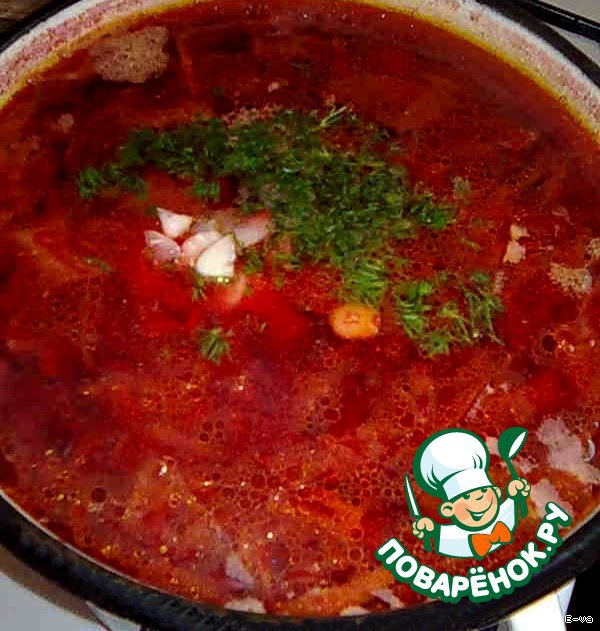
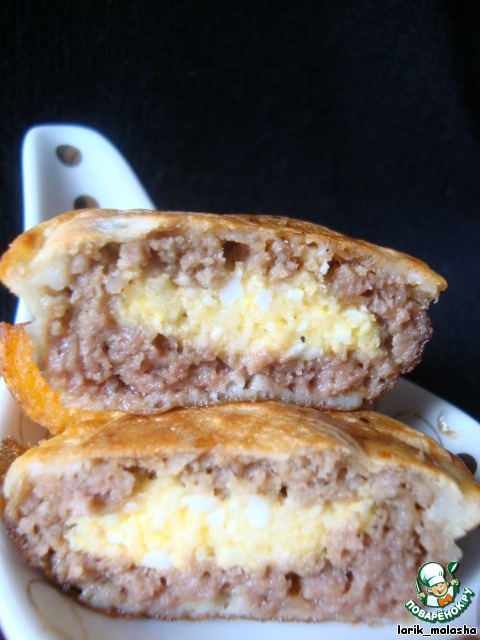
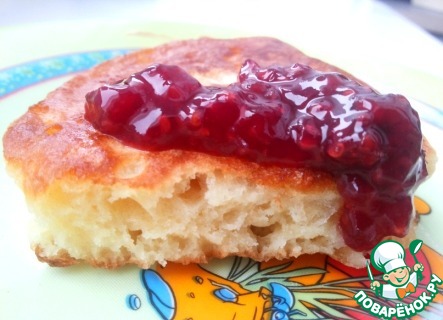
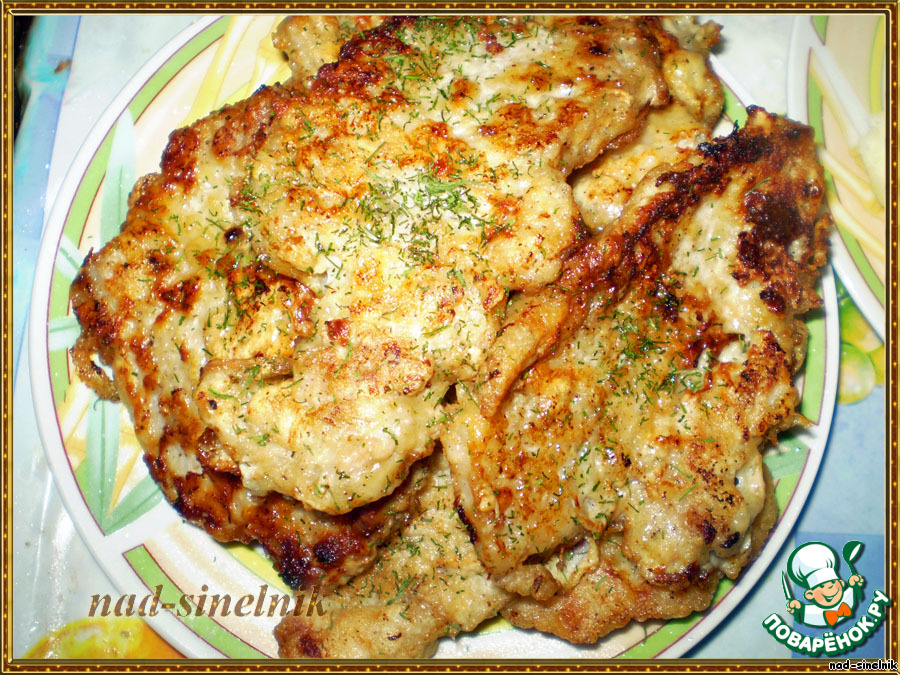
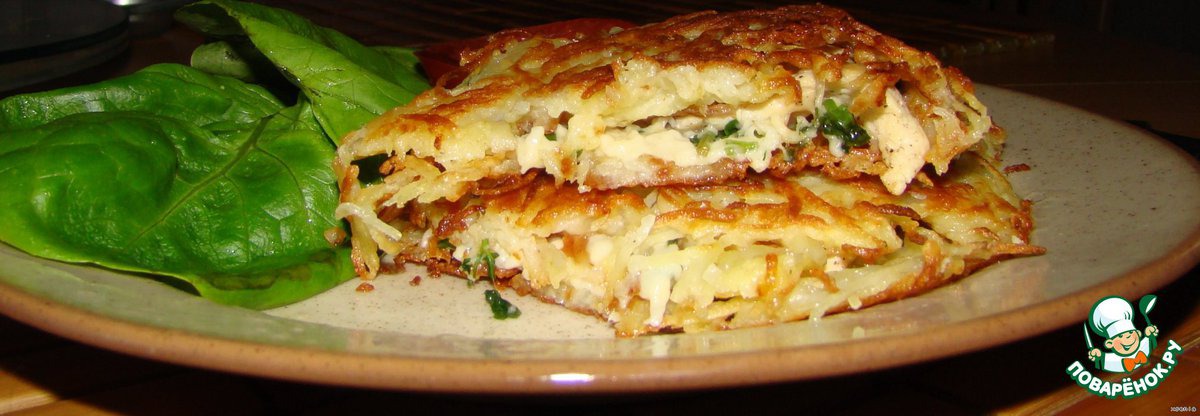
Leave a comment or a recipe review
Leave comments can only registered users.
Register, or Login if you are already registered.